Note: This is a posting from Lifeline ensemble member Amanda Link, dramaturg and assistant director for our winter MainStage production of One Came Home.
An interview with Jessica Wright Buha, the adaptor of One Came Home.

Q: What drew you to the book?
A: Alan Donahue, a Lifeline ensemble member, was the one who recommended the book to me. We had worked together on several shows at Lifeline when I was an assistant stage manager there. I was also his assistant prop designer on Treasure Island. He was always really supportive of my writing. He came out to see shows I had written for Deathscribe, and Whiskey Rebellion and other theaters around town. And one day he emailed me and said that when he read One Came Home, he thought that I should be the one to adapt it. I was in the middle of working on Lyle Finds His Mother for the Lifeline KidSeries and I was so honored and excited that he thought of me.
I immediately fell in love with the language and the world of the book. I am always drawn to lyricism and imagery. The way Amy Timberlake described the landscape of Wisconsin was just beautiful. And I have always been drawn to the late 1800s. I read a lot of Little House On the Prairie growing up. And I really like the mystery genre. I also loved the songs in the book. I was very interested in having actual songs in the show.
I also have an older sister. We are twins but she is technically older by three minutes. She is the more floaty of the two of us. She’s always moving, always changing jobs. She was the social butterfly growing up and I was the studious, quiet, homebody. She went through a phase where she was very difficult to get ahold of. She didn’t have a cell phone for awhile and she was just off doing her own thing. I related to Georgie’s idea that home is a sacred place. I didn’t have the typical teenage impulse of wanting to get away from home. I always wanted to be best friends with my sister but we were always so different. Getting to explore that sister relationship was very appealing.
Q: How did you begin the adaptation process for this piece?
A: I had just finished adapting James Joyce’s Ulysses and it was very dense. I went back to the text a lot while writing. For this one, I wanted to do it differently. I read through the book a couple of times and then on my third reading I took notes, made an outline, and chose snippets of dialogue. After I read it a fourth time, I put it away and wrote my first draft. It took me about two months to write that first draft and then I wrote several more drafts before we started rehearsals.
Q: What was your biggest challenge while writing the adaptation?
A: It was really difficult to take out the first person narration but still keep what I loved about the book. I decided early on that I didn’t want to have a narrator. It works so well in the book but I wouldn’t know how to do it effectively in a play. Georgie has such a great voice but I didn’t want it to turn into us reading the book on stage. I tried to find a way to preserve her voice and capture her emotional journey in a theatrical way.
Q: The Lifeline process is very unique. The playwright is at all of the rehearsals and receives a lot of feedback along the way. How has this affected your writing?
A: It really feeds into my style nicely. I like to crank out drafts quickly and then do lots of rewrites. I have typically experienced a lot of closed rehearsals where the playwright is not welcome and that can be difficult. I really like to be in the room and hear the actors speaking the words. If they are stumbling over the lines, the problem might be with the lines themselves and that is good to know. I trust the actors a lot and it is really helpful to be in rehearsals with them and see where their instincts are leading them. I feel very lucky to be able to change things throughout the entire process.
Q: What are some of your own personal writing habits?
A: I like to write at night when the house is quiet. I like to write on the couch with the dog sitting next to me. I will often put headphones on and listen to the same ten songs over and over again while I write. It’s like when you go to the gym and you listen to certain songs to motivate yourself. I do it to create a rhythm to encourage myself to keep writing. That way I don’t have time to stop and judge myself. I’ll also use music to connect to the emotion of the story. If I’m having trouble with a scene, I’ll step back and start writing paragraphs about it. I’ll describe the setting and characters and just keep writing until some dialogue pops into my head. Sometimes I’ll start acting things out while I’m writing and then my dog will look over at me like I’m crazy.
